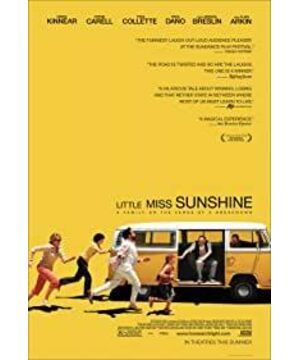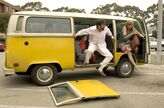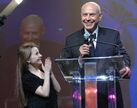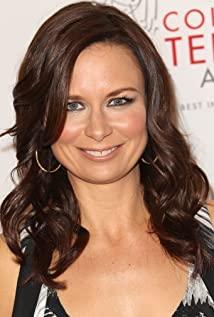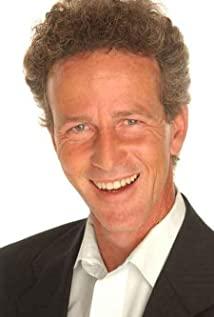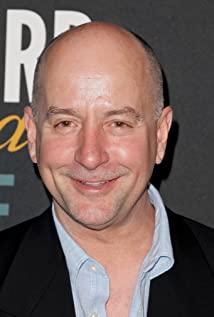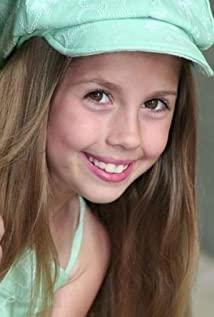Two days later, from Albuquerque to Redondo Beach, the little girl and her family embarked on a 700-mile, event-prone journey in a vintage VW truck. At this point, her dream seemed within reach. They arrived at the Ramada Hotel, where the beauty contest was held. They could see the building from the highway—so close they could reach out and touch it.
But the little girl's family just couldn't find an exit that would get them there. This moment is rich in meaning, and it’s not just about the visionary, ever-changing concrete jungles of Southern California, where you always seem to be following a given path and never get there. This moment is also about those deceptive American Dreams we are all chasing, the detours we've taken and the paths we've never been on.
Little Miss Sunshine is a soft family satire and a quintessential American public film. The film reminds us of counterculture films of the 1970s, such as Smile or Harlow & Maud, which satirized fairy-tale versions of the virtues of the renegade and satirized the hypocrisy of traditional American values.
Little Miss Sunshine shows us a world where every human emotion or desire is measured and categorized in terms of form, brochures, steps, job titles, diet meals, step-by-step procedures, career paths, rewards, retiree communities. There, there is nothing that exists that cannot be classified, or turned into a mantra for self-improvement, distinguishing between "winners and losers."
The montage at the beginning of the film introduces us in turn to the members of the Hoover family: Olive (Abigail Breslin), a young girl eagerly seeking the title of beauty pageant. Her dad, Richard (Greg Kinnear), is a motivational speaker who has had a spectacularly unsuccessful career. He was madly addicted to victory because he had never tasted victory. Olive's mother (Toni Collette) values family more than anything, so she's constantly on edge trying to keep the Hoover family together.
Grandpa (Alan Arkin) is Olive's mentor and spends a lot of time helping her learn to dance. Fired from a retirement home for casual sex and heroin use. His philosophy of life is that if you are young, you are crazy to take drugs, but if you are old, you are crazy to avoid drugs.
Uncle Frank (Steve Carell) is Sheryl's older brother and the world's number one Proust scholar. He only attempted suicide not long ago because the graduate student he fell in love with dumped him and was with the world's second-largest Proust scholar. Olive's teenage brother, Dwayne (Paul Dano), hasn't said a word for nine months, even though he doesn't actually suffer from depression. Dwayne was reading Nietzsche and swore to keep silent while training for the flight academy exam. Other than that, he hates everyone.
After introducing all the characters for the first time, Little Miss Sunshine did something unusual: It gave us a nearly 20-minute-long one-shot, around the Hoover family eating roast chicken, giving us a detailed look The dynamic relationship between members of the Hoover family. This brave step sets the character and comedic tone of the film, and the road trip ensues.
You couldn't have seen a better performance and better casting than Little Miss Sunshine. These actors (and the directors) have the knack for making nonverbal responses to things funnier than dialogue and baggage, making pain a source of good comedy.
All actors' interpretations of emotion are direct and authentic. Dano, his dead black eyes hidden by thick bangs, exploded on his pale face with the alienation and disgust characteristic of teenagers, and it seemed like he could bring the whole house down with just a slight shake of his head. Kinnear is a good comedian, and he jumps at the chance to do a whole lot of speechless goodness with his facial expressions - talking in his head while driving, or trying to figure out how to do the talent show part of the Little Miss Sunshine pageant. Respond appropriately.
Carell is a miracle in pink and blue striped socks. The pain of his characters wrapped around him like hard plastic bubbles. The more casual he is, the more hilarious he is. He made the name "Nietzsche" (which he pronounced like "Nicha") sound inexplicably hilarious. How would you describe Uncle Frank's running posture? It was an intellectual stride—as if the movement of running had been scrutinized, subdivided into parts, and finally reassembled—too much analysis for no elegance. It's almost inhumanly human, and so funny that it's almost priceless. But Uncle Frank's running style is not just a few stupid brisk walks, but the most authentic expression of the character's character.
(self-translation, copyright reserved)
View more about Little Miss Sunshine reviews


